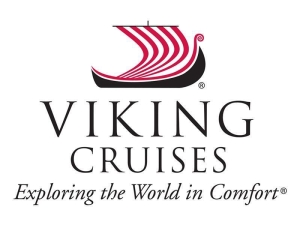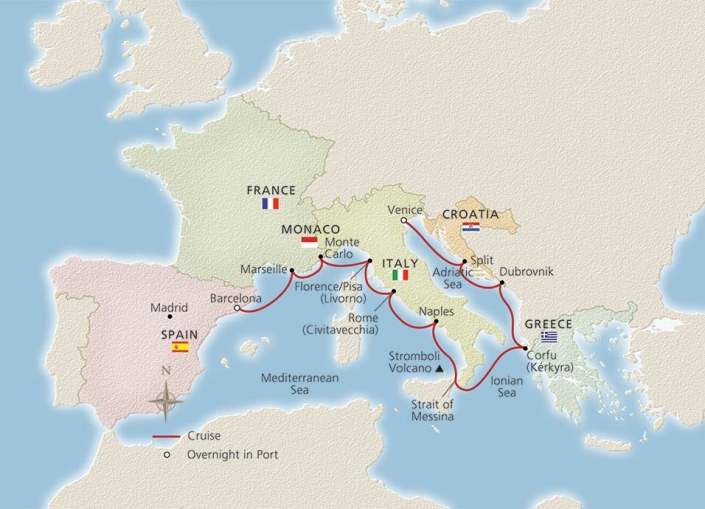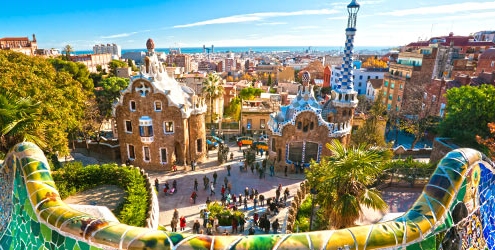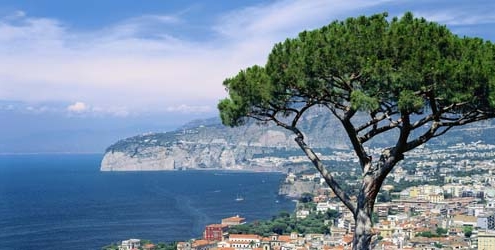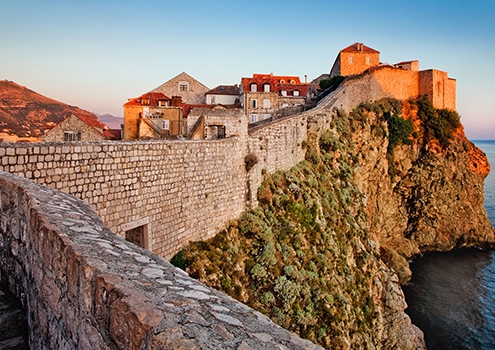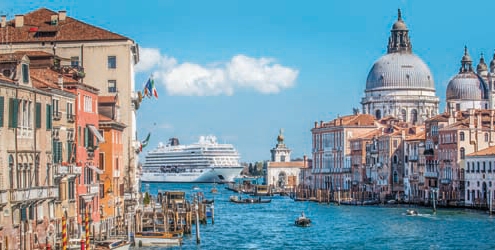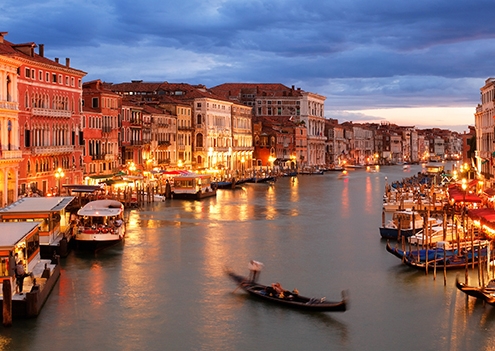Chioggia is a charming fishing community steeped in its age-old seafaring traditions. It is also the gateway to Venice, famed for its wondrous patchwork of graceful piazzas, tranquil canals, artful footbridges and Gothic splendor. All things Venetian begin in St. Mark’s Square, where its elegant campanile, or bell tower, rings over the rooftops, and the Byzantine-Gothic St. Mark’s Basilica seems to preside over all. Beyond St. Mark’s and away from the crowds, Venice is a hushed and intriguing city to explore on foot, with medieval echoes marking every step.


